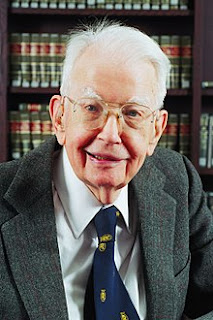Knock Knock Housekeeping

I visited the United States for the very first time in the summer of 2014, not for travel but for work. There is program called J1 program or Summer Work and Travel program, which is specially designed for international students who are interested in American culture and willing to spend their summer working in America. So, I applied for the program, got few exams, passed few interviews, and flew to USA to work as a… housekeeper. The following three months I was working in a resort located in Colorado. The main duty of housekeepers is, no doubt, keeping houses clean. Unlike those housekeepers I usually saw in hotels who work alone with a housekeeping cart, housekeepers in our resort worked as teams. The supervisors of housekeeping department assigned team arrangements every morning. Each team had a crew leader and four to five crew members. Before I became a crew leader, I didn’t feel much about how a team operates, I just did my jobs that my crew leader assigned to me. Yet I beca...
